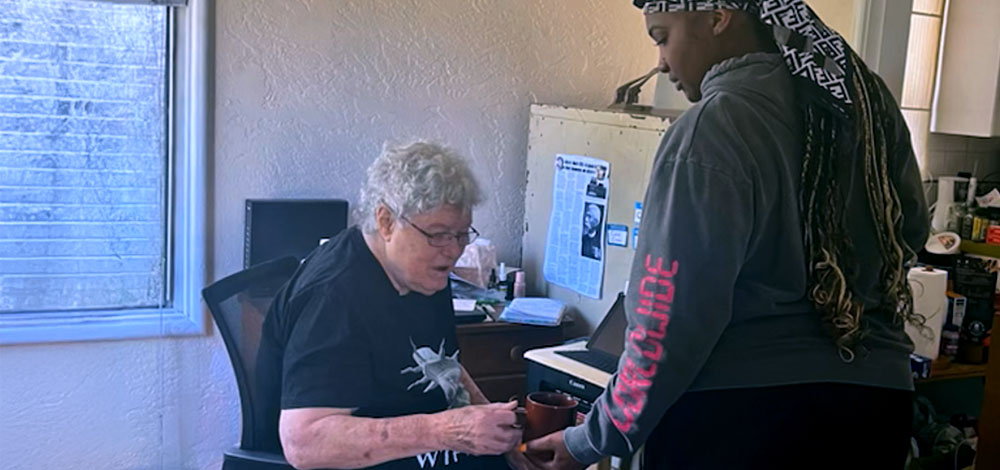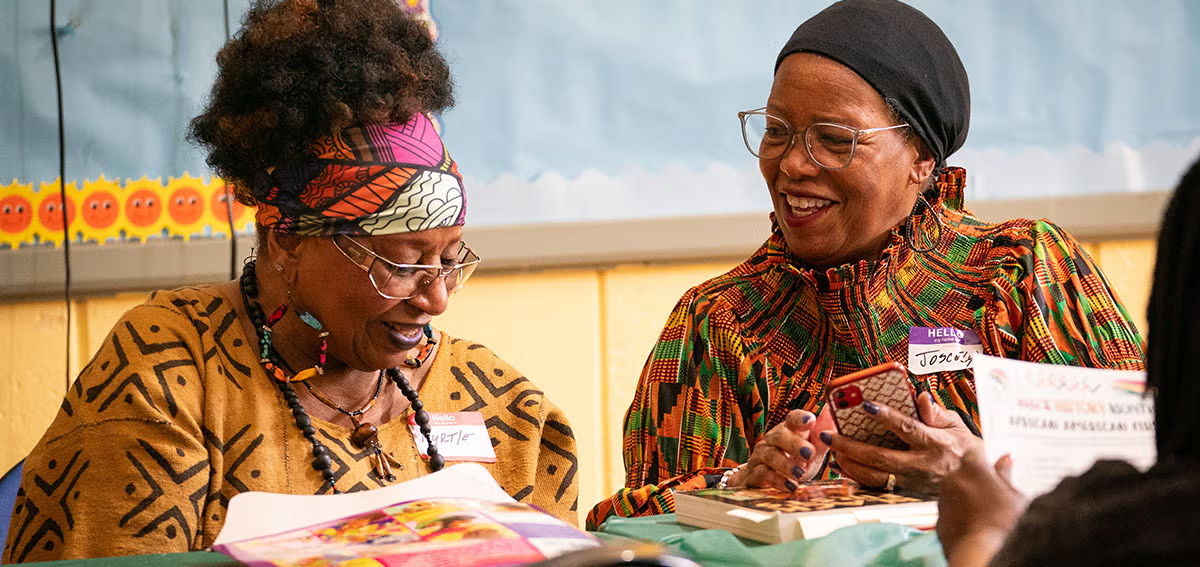Toward the end of life, too many people receive ineffective, unwanted, and expensive medical treatments while their physical comfort, and spiritual and emotional needs are poorly addressed. Offering or continuing cancer treatments at the end of life is particularly troubling. Research suggests that few people with late-stage cancer benefit from chemotherapy, and many people experience reduced quality of life after receiving it.
In California, the percentage of dying cancer patients who received hospice care increased slightly over the past decade but remains below the national average. In some California hospitals, referral to hospice care occurred so close to the day of death that it was unlikely to have provided much assistance or comfort to patients and their families.
CHCF’s efforts to promote appropriate care toward the end of life apply to all individuals with serious illness, including late-stage cancers. We are working to address the needs of cancer patients by increasing access to palliative care in hospital and community settings, and by promoting adherence to patient choices for intensity of care through Physician Orders for Life-Sustaining Treatment (POLST).
In 2014, the California legislature passed Senate Bill 1004, which directs Medi-Cal managed care plans to provide palliative care to beneficiaries with serious illness, including those with late-stage cancer. CHCF has been providing technical assistance to the California Department of Health Care Services to implement the policy later this year.
In the meantime, we continue to explore additional approaches to ensuring that Californians receive appropriate cancer care toward the end of life. We will also continue to address cancer care as part of CHCF’s broader effort to make end-of-life and palliative care work better for all Californians.




